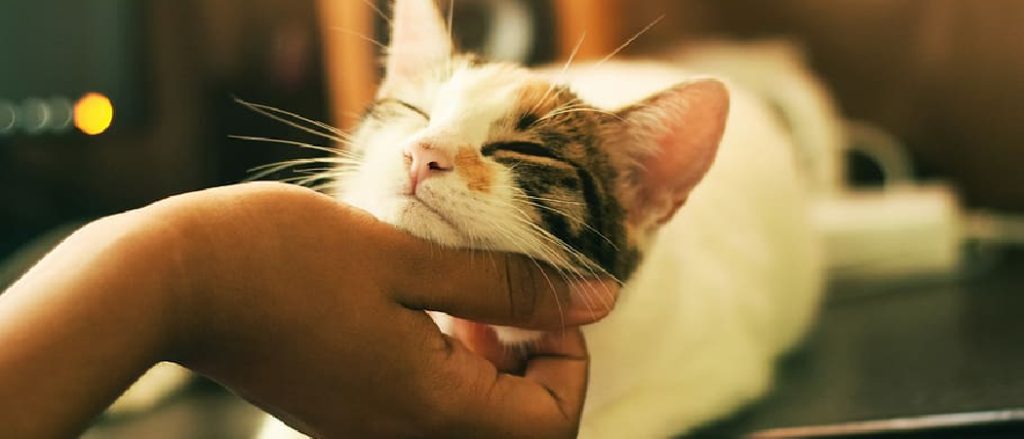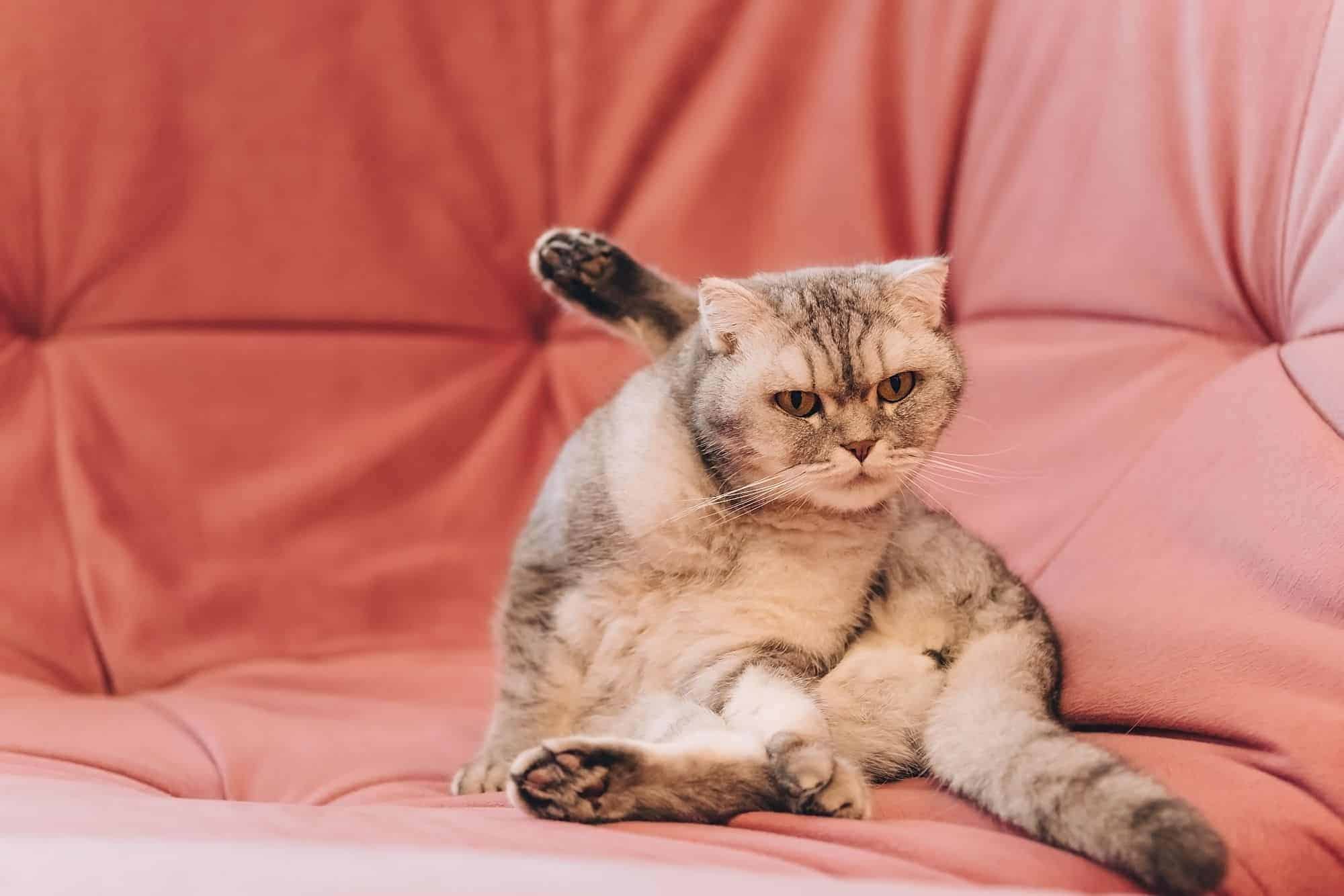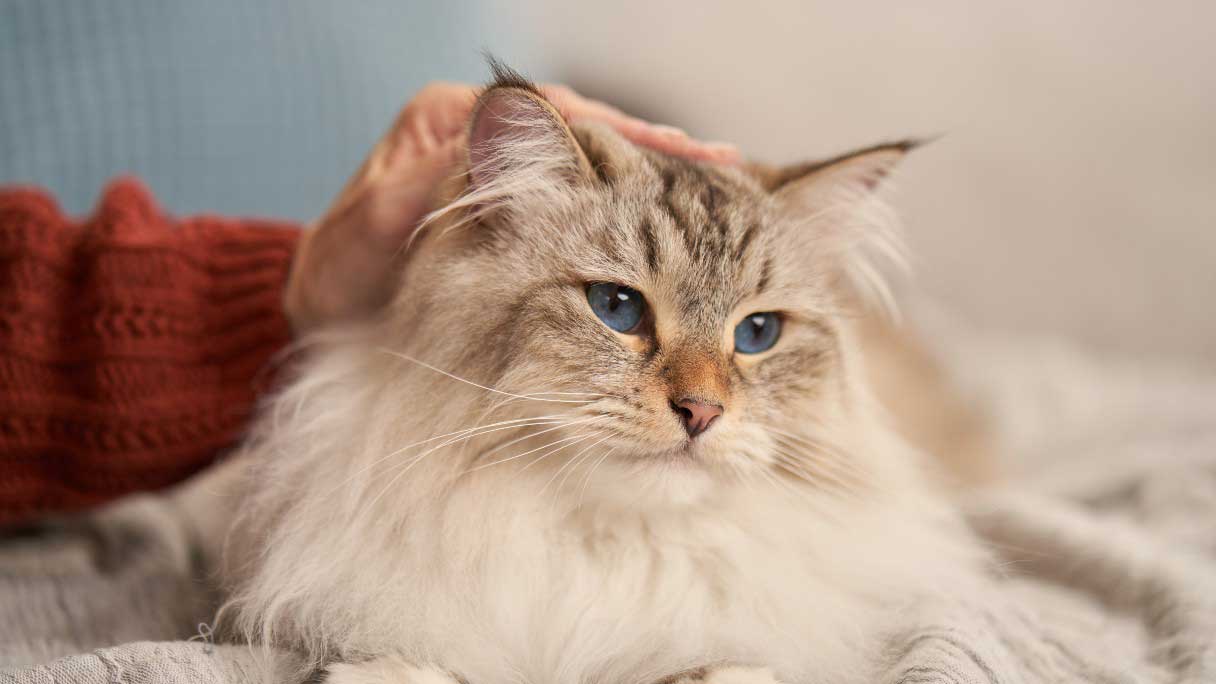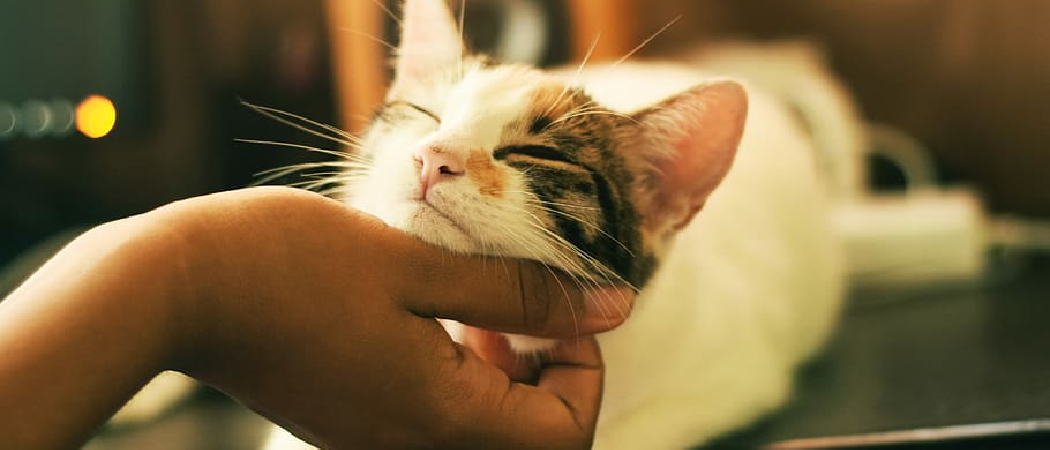Cats can hold their poop for up to 48 hours. Cats have a unique ability to hold their poop for extended periods due to their efficient digestive system and the flexibility of their colon.

This enables them to adapt to various situations, such as when they are outdoor cats and need to find suitable spots to bury their waste. Additionally, cats may hold their poop if they are stressed, anxious, or experiencing a change in their environment.
While it is not ideal for cats to hold their poop for long periods, it is generally considered normal as long as they eventually have regular bowel movements. However, if a cat consistently holds their poop for more than 48 hours or shows signs of discomfort or constipation, it is important to consult a veterinarian for advice and potential treatment.

Credit: www.animalmedical.net
The Digestive System Of Cats
Understanding the digestive system of cats is essential to provide proper care and nutrition for our feline friends. Cats have a complex digestive system that allows them to hunt, kill, and digest their prey efficiently. In this article, we will explore the anatomy of the digestive system, with a particular focus on the role of the colon.
The Anatomy Of The Digestive System
The digestive system of cats is designed to process small meals throughout the day. Let’s take a closer look at the different parts of their digestive system:
The Role Of The Colon
The colon, or large intestine, plays a crucial role in the digestion and elimination of waste in cats. It is responsible for absorbing water and electrolytes from the undigested food, forming feces, and facilitating their elimination. The muscular walls of the colon contract and propel the waste towards the rectum, where it is stored until it is ready to be expelled.
The colon also houses a diverse population of bacteria known as the gut microbiota. These bacteria aid in the digestion and fermentation of certain nutrients, producing short-chain fatty acids that provide energy for the cat. Additionally, the gut microbiota contributes to the overall health and immune function of the cat.
It is important to note that any disruption in the normal function of the colon can lead to digestive issues in cats. Common problems include constipation, diarrhea, and inflammatory bowel disease. If you notice any changes in your cat’s bathroom habits or consistency of their stool, it is essential to consult with a veterinarian for proper diagnosis and treatment.

Credit: www.carecredit.com
Factors Affecting How Long Cats Can Hold Their Poop
Cats’ ability to hold their poop varies depending on factors like diet, bowel health, and stress levels. Factors affecting how long cats can hold their poop can range from a few hours to several days.
Factors Affecting How Long Cats Can Hold Their Poop When it comes to our furry feline friends, understanding their bodily functions is essential to their overall health and well-being. Just like humans, cats need to poop regularly to eliminate waste from their bodies. However, the frequency and duration of their bowel movements can vary based on several factors. In this article, we will explore some of the main factors that can affect how long cats can hold their poop. Understanding these factors can help you better understand your cat’s needs and provide them with the appropriate care they require.
Diet And Fiber Content
A cat’s diet has a significant impact on how long they can hold their poop. A well-balanced diet that is high in fiber can promote healthy digestion and regulate bowel movements. Fiber acts as a natural laxative, adding bulk to the stool and aiding in the smooth movement of waste through the intestinal tract. Cats that are fed a diet lacking in fiber may experience constipation, making it difficult for them to hold their poop for extended periods.
Hydration Levels
Hydration plays a crucial role in maintaining proper digestive health and regular bowel movements in cats. Adequate water intake helps keep the stool soft and facilitates its movement through the colon. Cats that do not consume enough water may become dehydrated, resulting in dry and hard stool that is challenging to pass. Dehydration can also lead to constipation and make it harder for cats to hold their poop for an extended period.
Health Conditions
Various health conditions can impact how long cats can hold their poop. Certain diseases, such as gastrointestinal disorders, inflammatory bowel disease, or abnormalities in the colon, can cause disturbances in the digestive process, leading to irregular bowel movements. Cats with underlying health issues may experience difficulties in holding their poop for extended periods due to these complications. It is crucial to consult with a veterinarian if you suspect that your cat’s health may be affecting their bowel movements. In conclusion, several factors can affect how long cats can hold their poop. A well-balanced diet high in fiber, proper hydration levels, and overall health are vital for maintaining regular bowel movements in cats. By being aware of these factors and providing appropriate care, you can ensure that your feline companion remains happy and healthy.
Signs Of Constipation Or Difficulty In Holding Poop
Cats may show signs of constipation or difficulty holding their poop, which can be concerning for pet owners. It is important to understand how long cats can hold their poop to ensure their health and wellbeing.
Changes In Litter Box Habits
One of the signs that your cat may be experiencing constipation or difficulty in holding their poop is a noticeable change in their litter box habits. Cats are usually creatures of habit, so if you notice that your cat is not using the litter box as frequently as before or if they are straining while using it, it could be an indication of constipation.
Here are a few important things to look out for:
- Your cat may spend more time in the litter box than usual.
- They may make multiple attempts to poop with little to no success.
- You may find small, dry, or hard stools in the litter box, or there may be no stool at all.
- Your cat may start avoiding the litter box altogether, choosing to eliminate outside of it instead.
Straining And Discomfort
Another common sign of constipation is when your cat displays visible signs of straining or discomfort while attempting to poop. This can include:
- Your cat crouching for an extended period in the litter box, appearing to make repeated efforts to defecate.
- They may exhibit visible signs of physical discomfort, such as vocalizing in pain or discomfort.
- Your cat may appear restless, pacing, or squatting in unusual places around your home.
These symptoms are important indicators that your cat may be experiencing constipation.
Other Symptoms Of Constipation
In addition to changes in litter box habits and visible signs of straining, there are other symptoms that can indicate constipation in cats:
- Loss of appetite: Constipated cats may lose their appetite or eat less than usual.
- Lethargy: Your cat may exhibit a lack of energy or seem less active than usual.
- Weight loss: If your cat is constipated, they may lose weight due to reduced food intake and discomfort.
- Swollen abdomen: Constipated cats may have a distended or bloated-looking belly.
If you notice any of these additional symptoms, it’s important to consult with your veterinarian for a proper diagnosis and treatment.

Credit: www.amazon.com
Frequently Asked Questions On How Long Can Cats Hold Their Poop
How Long Can A Cat Go Without Pooping?
Cats can typically go without pooping for up to 48 hours. It’s important to monitor their behavior and consult a vet if they show signs of discomfort or don’t poop within this time frame. Remember to provide a balanced diet and encourage hydration for healthy bowel movements.
How Long Can A Cat Go Without A Litter Box?
Cats shouldn’t go without a litter box for more than 24 hours. They need a clean place to do their business.
How Can I Stimulate My Cat To Poop?
To stimulate your cat to poop, try using a high-fiber diet, providing plenty of water, and maintaining a consistent feeding schedule. Regular exercise and playtime can also help. If the problem persists, it’s best to consult a veterinarian for further guidance.
How Many Hours Can Cats Hold Their Poop?
Cats can typically hold their poop for up to 24 hours, but it is best to address any concerns with a veterinarian.
Conclusion
Understanding how long cats can hold their poop is essential for their overall health and well-being. By recognizing the signs of constipation or urinary issues, pet owners can provide the necessary care and attention to prevent any potential complications. Regular monitoring, a balanced diet, and frequent litter box cleaning are crucial factors in maintaining a healthy digestive system for our feline friends.
Stay attentive and keep an eye on your cat’s bathroom habits for their optimal health.


